|
By: Cheyenne Taylor and Savannah Archer Trauma-informed care describes an approach in health care and social sectors that reviews a person's life experiences to provide the most effective outcomes. At Beacon of Hope Crisis Center, we understand that each victim is different and unique and has varying preferences for how they would like to be supported. We recognize that we will not hear every detail of a victim’s background and that every person we encounter has their own story and history of trauma. We let victims lead and never force them to do anything. Victim advocates show up to help victims learn about abuse, identify options, and make personalized plans that meet their needs. We do our part to give them the tools to empower them to make the best decisions for themselves. Victim advocates also do their part to engage in continued training and education to help victims in whatever they face. For example, victimization from an intimate partner increases a victim’s risk for depression, PTSD, substance use, and suicidal ideation (National Center on Domestic Violence, Trauma, and Mental Health). The effects of domestic violence and sexual assault can be more complicated by factors including mental health, addiction, ability, race, immigration status, cultural beliefs, and more. Keeping these things in mind encourages us to check in with victims physically and mentally. This is also why we’ve enhanced our adaptability to serve all victims. Beacon of Hope Crisis Center has translated materials to raise awareness, interpreters are readily available, and our website has integrated Recite Me assistive technology to enable our web visitors to customize their digital experience to suit their needs.
The impacts of COVID-19 have also put additional stress on victims and their families. Victims are struggling to find housing, employment, and healthcare. These are all essential to maintaining independence and alleviating mental health crises. We are grateful to offer victims free domestic violence and sexual assault counseling. However, some victims need mental health resources with treatment for different conditions, medication, and an approach with a healthcare team. Victim advocates have also strengthened healthcare referral options, including helping victims obtain insurance, connect with a primary care doctor, access emergency healthcare, and, when necessary, connect to specialists for head, neck, and strangulation injuries. We help victims find affordable housing and new and better employment, learn about credit, and work toward their financial goals. To do those things, mental and physical health come first. Many victims are used to ignoring or pushing their own needs aside. Through the intake and follow-up process, we encourage victims to care for themselves, as it is an essential part of their healing journey. We could not make progress for those in need without building rapport, listening, and recognizing there is always more to learn. We often see that when a victim contacts us for help, it is not the first time they experienced victimization. Children who witness violence have a higher chance of experiencing abusive relationships or becoming abusers themselves. Additionally, people who have experienced abuse previously in relationships have a higher risk of revictimization (National Library of Medicine). Asking about their history of violence can help us identify solutions, which might help them process current and past trauma. No matter how long it has been since the abuse occurred, victims deserve access to confidential support, free services, and help navigating the next steps without judgment. There are no timeline criteria for victims seeking our services. Whenever they are ready, we are there to listen and believe them. By: Cheyenne Taylor and Savannah Archer Victims of domestic violence endure a high percentage of stalking and harassment victimization during and after a relationship ends. Beacon of Hope Crisis Center saw a 47% increase in victims who experienced stalking and harassment from 2020 to 2022. Specifically, technology-facilitated abuse has been on the rise. Victims have reported abusers tracking their phone activity and location through apps, tracking their physical location with the use of Tile Trackers and Apple Air Tags, improper use of other GPS devices, monitoring inside their homes with hidden cameras, misuse of doorbell cameras for surveillance, and other devices manipulated to perpetrate abuse. Our agency can now assist with checking a victim's vehicle for tracking devices; if found, that information can be reported and added to a protective order request for the court's consideration. We are also seeing victims report that abusers are using different apps to send messages when phone numbers or emails are blocked. Stalkers use apps such as social media platforms, banking, school sites, and other sites that don't always have traditional means of blocking content. Victim advocates complete training to help victims create technology and social media safety plans. There is no time to waste when it comes to securing accounts. Technology abuse is prevalent in our increasingly digital society. When abusers cannot access victims in person, they often use technology to monitor, harass, and stalk the victims. This gives abusers more access to perpetrate harm without disrupting their own lives and responsibilities. In one study, the National Network to End Domestic Violence reported that 71% of abusers monitor victims’ device activities, and 54% download stalkerware onto their partners’ devices. It is debilitating for a victim's mental health and affects their ability to utilize technology how the average person does: to take a break from their stressors. When the victim spends significant time at home, like following a medical procedure, working remotely, or during a global pandemic, abuse can become more pervasive. Reports show that the pandemic increased the rate and severity of technology abuse experienced. The pandemic also impacted abusers’ free time due to the loss of employment and working from home, which allowed them to modify or explore technology in new ways to harm victims. Technology abuse has been on the rise, and as technology develops and changes, so will the methods that abusers use to cause digital harm. Commonly, technology abuse can look like tracking devices, harassing messages, demands for intimate pictures or photos, and publishing private information about the victim. Spoofing is another example of technological abuse where the abuser disguises their messages or phone number to impersonate someone or to get around blocked contact settings. We are focused on enhancing prevention and safety planning for all victims at risk of technology-facilitated abuse. Senate Bill 161 passed, and Indiana now has a new law, unlawful surveillance. This bill adds a prohibition against using a tracking device to the list of conditions a court may impose when issuing a protection order. It also increases the penalty for stalking to a Level 5 felony if the offense is committed using a tracking device. A person who knowingly or intentionally places a tracking device on an individual or the individual's property without the individual's knowledge or consent commits unlawful surveillance, a Class A misdemeanor, unless certain exceptions apply, and increases the penalty to a Level 6 felony if the person is the subject of a protective order or has certain prior convictions. This change in the legislature establishes sentence enhancement if a person uses a tracking device to commit or facilitate the commission of a crime. Beacon of Hope Crisis Center will continue to advocate for victims, adapt to the changing times, and request improvements in the legislature to hold abusers accountable.
Protective Order Filing "I’ve been assisting a victim of domestic violence that has experienced psychological abuse, verbal abuse, and stalking. They have been overwhelmed and struggling to do their daily tasks. Their primary concern was working on safety and self-sufficiency. It was important to them that they were able to move past this as soon as possible. The victim wanted a protective order because their abuser was not leaving them alone and seemed to be getting more unstable as the incidents continued. I was able to schedule the protective order appointment soon after originally connecting with the victim. They were so thankful we could get them in quickly. During the appointment, I was able to explain each step of the petition and answer all the questions the victim had regarding the process. The victim was very thankful for the assistance with filing the protective order. They felt more confident about what to expect after I explained the next steps for the protective order process. The victim also told me they finally felt less alone. They really have not talked to many people about their experiences, so they felt better having an agency that believed them. I will continue working with this victim throughout the process to support them and offer additional resources."
Victim Advocate - Beacon of Hope Crisis Center If you or someone you know is experiencing domestic violence and/or sexual assault, call our confidential hotline at (317) 731-6140. Victim advocates are trained to provide free help, referrals, and resources for those in need. There is hope for survivors. In the case of an emergency, please call 9-1-1. Criminal Justice Advocacy "I connected with a victim of domestic violence after receiving a police report. The victim had been shot by their abuser and needed assistance with establishing safety and coping with the trauma they experienced. Their abuser has used weapons as a scare tactic throughout their relationship, and the violence has escalated tremendously.
Once connected with the victim, I introduced myself and explained the services provided at BOHCC as well as their rights as a victim. We discussed how they could stay updated on the criminal case. I also gathered additional information about the situation so I could have a complete understanding to better assist the victim. As we were talking, the victim became emotional and started to cry. I immediately stopped asking questions and focused on what the victim needed in that moment. I actively listened to their concerns and how they were feeling. They were frustrated by everything and felt pressured by others. The victim shared with me that they felt as if their feelings were not valid. They were being told how they should feel about the situation and this was causing them to be confused about their own thoughts. I quickly validated their feelings and expressed that they are the only one who went through this experience, so they are the only one who can know what to think about it. I discussed counseling and ensured they had the information for BOHCC’s counselor. The victim started to calm down and felt relieved to hear that their concerns and thoughts are valid. They hadn't been able to be open with someone about the situation, and they were grateful to have someone to talk to about everything. The victim thanked me for listening to them and validating their feelings. They appreciated having someone to talk to without feeling judged. The victim has felt a lot of pressure from various sources and needed to share their thoughts without judgment. I was happy to be a support for the victim and listen actively to their concerns. I will continue to work with the victim as they progress towards safety and self-sufficiency. It feels rewarding to be an outlet that victims can vent to and to be able to provide a comfortable space for them to share their thoughts." Victim Advocate - Beacon of Hope Crisis Center If you or a loved one needs supportive services for domestic violence or sexual assault, call our confidential crisis line at 317-731-6140. In the case of an emergency, contact 9-1-1 immediately. If you would like to learn more about the work we are doing, register and join us during our Virtual Summit on October 26th. #DVAM By: Jenna Krathwohl Domestic violence is extremely common even though it is still seen as a private matter. Domestic violence is more common than diabetes. In fact, it is estimated that 42.5% of Indiana women and 27.9% of Indiana men experience intimate partner physical violence, intimate partner sexual violence, and/or intimate partner stalking in their lifetimes (1). Despite its prevalence, it can be difficult to know how to recognize abuse and what to do if it happens. There is no typical personality of an abuser. In fact, abusers can come in all genders, sexualities, nationalities, abilities, and ages. Anyone can be an abuser, just as anyone can be a victim. However, there are some common traits listed below that domestic abusers may have in common (2).
There are other warning signs that a person may be an abuser. It is important to understand that that these are potential warning signs and it does not imply someone may be an abuser. These are just some of the traits (2).
If you or someone you know is experiencing domestic violence and/or sexual assault, call our confidential hotline at (317) 731-6140. Victim advocates are trained to provide free help, referrals, and resources for those in need. There is hope for survivors. In the case of an emergency, please call 9-1-1. (1) National Center for Injury Prevention and Control (2019). The National Intimate Partner and Sexual Violence Survey: 2010-2012 State Report. Centers for Disease Control and Prevention. Retrieved from https://www.cdc.gov/violenceprevention/pdf/NISVS-StateReportBook.pdf (2) National Coalition Against Domestic Violence (N.D.). Signs of Abuse. National Coalition Against Domestic Violence. Retrieved from https://ncadv.org/signs-of-abuse By: Olivia Ryder Domestic violence, which is also referred to as domestic abuse or intimate partner violence, is defined by the United States Department of Justice as “a pattern of abusive behavior in any relationship that is used by one partner to gain or maintain control over another intimate partner.” This abuse can be physical, sexual, verbal, emotional, psychological, spiritual, digital, or even economic.
Insults, threats, gaslighting, and sexual coercion are all aspects of domestic violence. In other words, domestic violence includes any abusive behaviors that frighten, intimidate, manipulate, hurt, blame, or injure an intimate partner or family member. It can happen in a wide variety of relationships, including but not limited to married couples, people dating, former couples, family members, and people with shared children. It is important to note that domestic violence can happen to anyone regardless of religion, actual or perceived race, color, sex, age, sexual orientation, gender identity or gender expression, marital status, national origin, language capacity, or disability. It impacts every community and people from all socioeconomic backgrounds. According to the National Coalition Against Domestic Violence (NCADV), nearly 20 people per minute are physically abused by an intimate partner in the United States. Meaning, in one year, more than 10 million women and men have experienced physical abuse by their intimate partners. Victims of domestic violence can experience diminished self-worth, anxiety, depression, and feelings of helplessness because of the actions and behaviors of their abusive partners. Free resources and help are available. For more information, contact our Confidential Crisis Line: (317) 731-6140. If you are in a life-threatening situation, call 9-1-1 immediately. By: Jenna Shearer The holidays are a lovely time to spend with friends and family. Many people try to get together and reminisce over the past year’s highs and lows. We also try to relax, recharge, and start fresh in the New Year. However, the cruel reality is that domestic violence doesn’t rest.
According to research, domestic violence increases over the holidays for several reasons:
It is important to recognize the warning signs of domestic violence while spending time with family or friends. A family member or friend may be experiencing abuse. If anyone reaches out for help, listen, and believe them. Take this opportunity to familiarize yourself with the warning signs of domestic violence. Warning Signs of Domestic Violence
You might be wondering what to do if you identify possible warning signs. The most important thing is to make sure that you respect the survivor’s space and avoid putting them in harm’s way by calling them out. Find a way to speak with the survivor about your concerns in private rather than in front of others. Talking about domestic violence saves lives. It’s important that we speak up when something does not feel right. If you are hesitant or unsure of how to approach this conversation, our advocates are here to help you navigate next steps. Local domestic violence agencies offer education and support for victims as well as families and friends impacted by these crimes. Speak with a victim advocate by calling our confidential crisis line at (317) 731-6140. You can also reach us through social media messaging or our contact us page. If you are in immediate danger, please call 9-1-1. By: Cheyenne Taylor Purple Thursday is a cardinal day in Domestic Violence Awareness Month. Today we wear purple to help spread awareness about domestic violence and the free services available to survivors. By wearing purple, we stand in solidarity with victims of domestic violence. We are encouraging everyone to participate and help raise awareness! Post a photo wearing purple on October 21st and add #PurpleThurday to spread awareness and to show your support. Together we can show survivors they are not alone.
By: Kaylee Kriese In the spirit of the cooler weather and the oncoming holiday season, we want to encourage everyone to practice some much-needed self-care. If you’re not feeling excited about self-care, this is for you. Oftentimes, the people who are opposed to the concept of self-care need it the most. We get it; you’re busy. Between the days getting shorter and your list of to-dos getting longer, we know that it’s all too easy not to schedule a time to take a moment and breathe. Below you will find some fall-themed self-care ideas just for you!
There are a million ways to practice self-care, especially in 2021; find what works for you. Some days, it will feel impossible to take even five minutes for yourself. Despite all this, keep pushing forward and working towards your goals. We know it’s hard to put yourself first but take the time to set some boundaries. Enjoy the coffee, put on a sweater, and maybe even do some deep breathing. We promise you’ll feel better for it. By: Kaylee Kriese Complex PTSD is a condition that survivors of abuse might experience as they heal and recover from trauma. It is defined by the National Domestic Violence Hotline as “layers of psychological, emotional, verbal or physical abuse [that] compound, never allowing the mind to catch a break to properly process and heal the trauma from one traumatic event before there is another.”[1] This often happens with domestic violence victims because, as we’ve seen time and time again, abuse is often a repeated offense.
Those who are actively experiencing complex PTSD may respond to triggers of abuse in various ways, from ignoring the problem to becoming irritable without knowing why. They may even experience dissociation, panic attacks, all-consuming flashbacks, nightmares, or hypervigilance.[1] Beacon of Hope Crisis Center has focused much of our attention on helping survivors address these issues. We offer counseling and referrals for mental health needs. Speaking with a trained professional can truly make a difference in the healing process. We also encourage caring for your physical and mental needs. Our blog explores a variety of ways to practice self-care. Be kind to yourself. Unlock your creativity. Accept and acknowledge your feelings. The list goes on. While these are critical steps one must take in healing, we know that when you hear the same thing said in the same way too much, it gets repetitive. It loses its meaning. So, this October, we want to remind anyone reading this that we know your story is unique to you alone, and no one can understand what you’ve been through better than you. Still, we are here to help you through any trauma you may be experiencing, especially as topics of domestic violence surface to the forefront of our minds on social media this month. We’ve said it time and time again: healing is not one-size-fits-all. Healing is an individualistic process that takes time and effort, and it doesn’t start with us; it starts with you. At Beacon of Hope Crisis Center, we work alongside you to create a personalized map to understanding and working through feelings of self-doubt, anger, resentment, hopelessness, and heartbreak. If you or a loved one are seeking help, take the first step and call our confidential crisis line at (317) 731-6140 today. If you are in immediate danger, please call 9-1-1. [1] https://www.thehotline.org/resources/breaking-free-from-ptsd/ |
About this blog
This blog is about our domestic and sexual violence crisis center, Beacon of Hope. We hope you find it full of helpful information, motivation, creativity, serious facts and positivity. We hope that it will help you know what is happening in our center, in our community and with our events. We hope you follow our blog in support of our organization and our mission. Archives
October 2024
Categories
All
|
|
CAREER opportunities © 2024 Beacon of Hope Crisis Center Privacy Policy Accessibility Statement Training Portal Login |

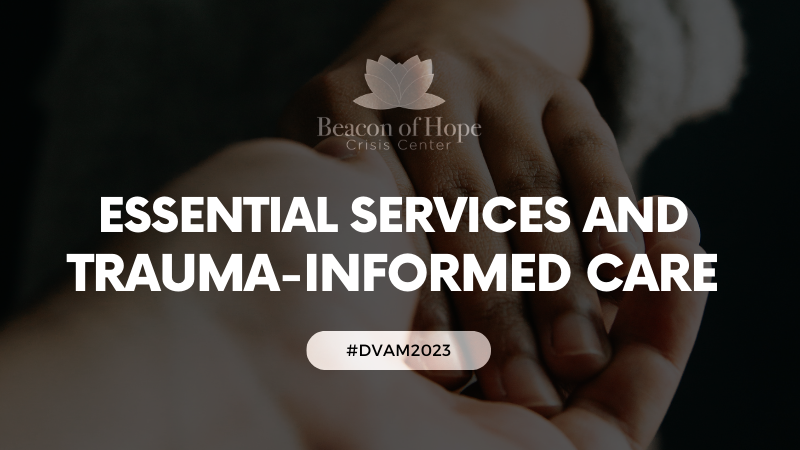
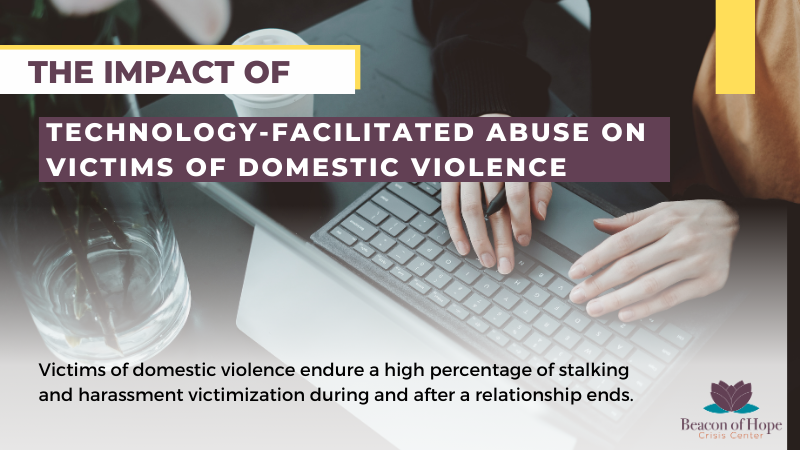
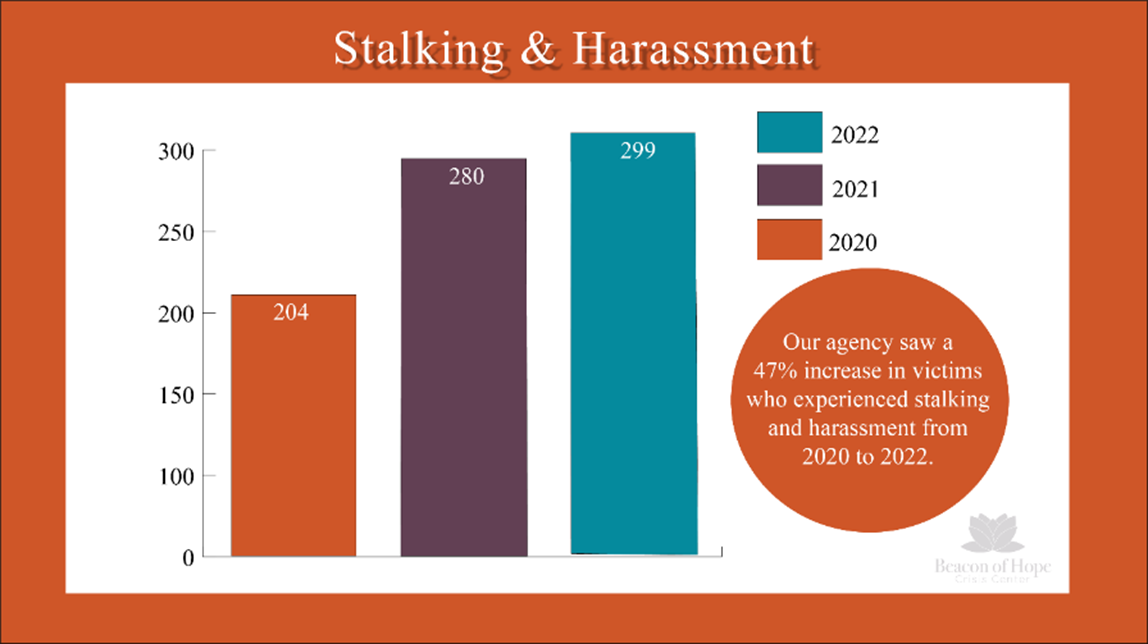


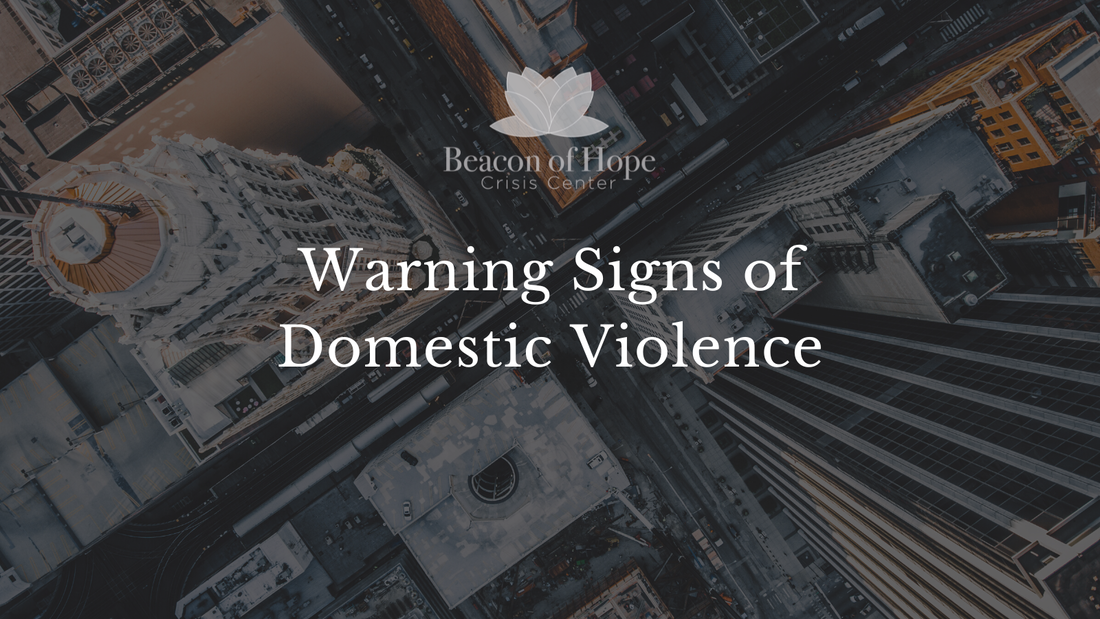
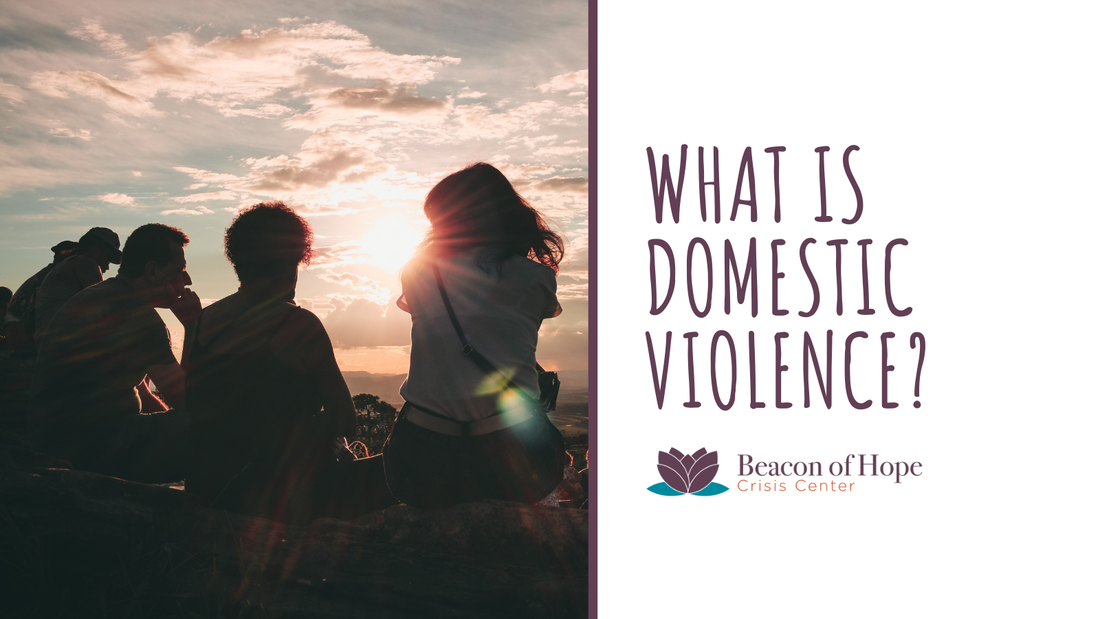
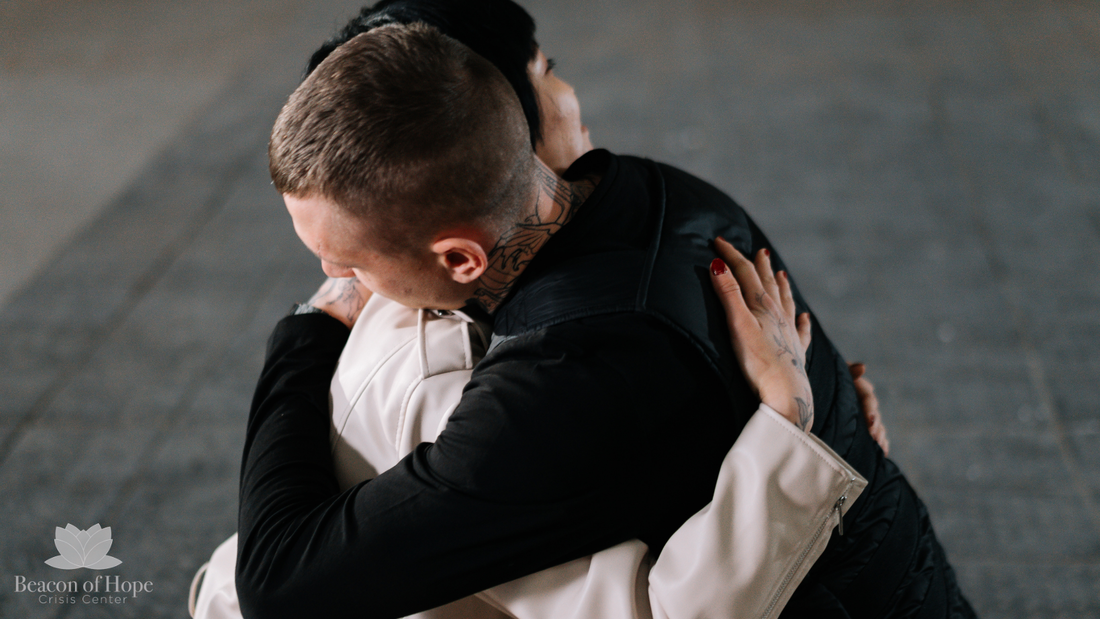


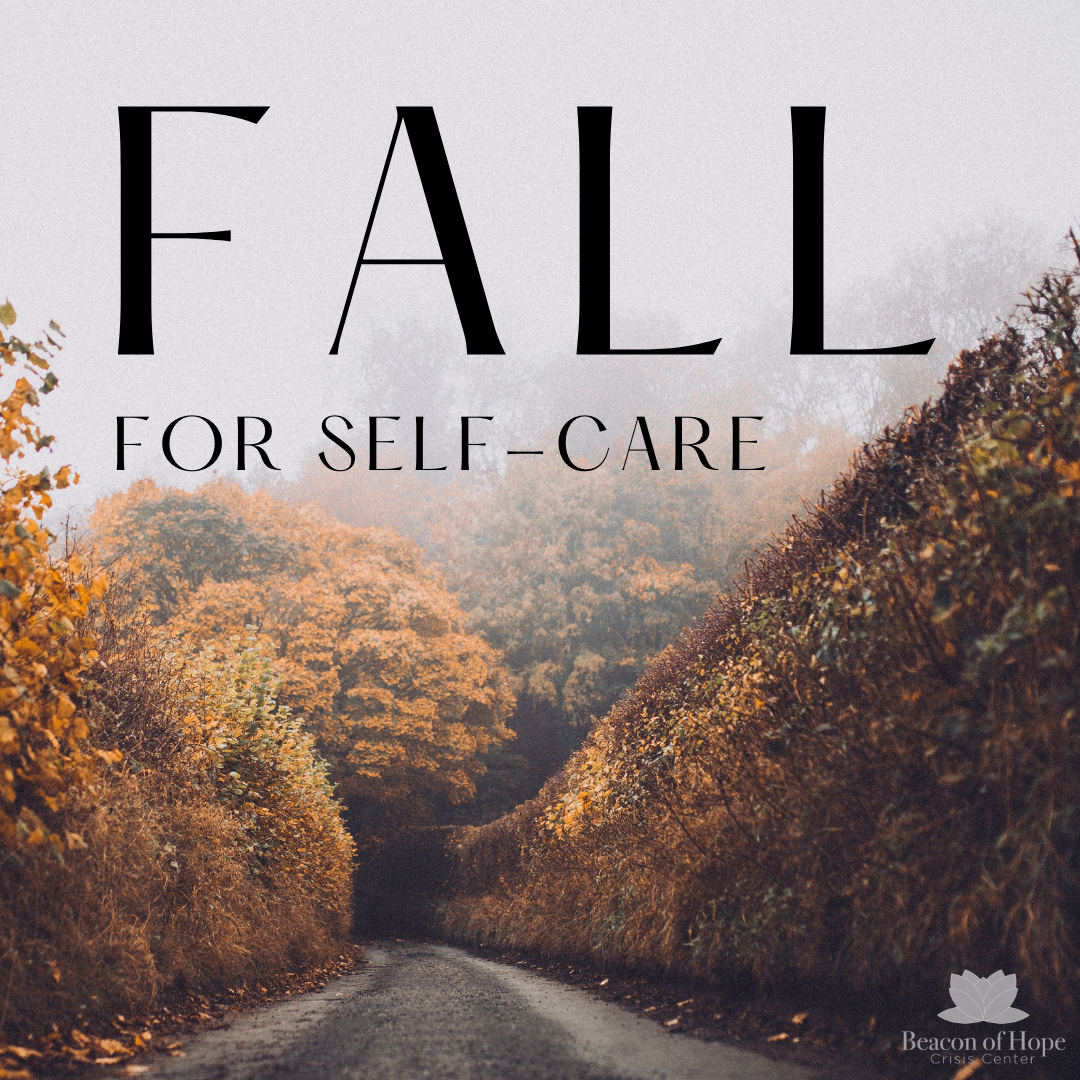
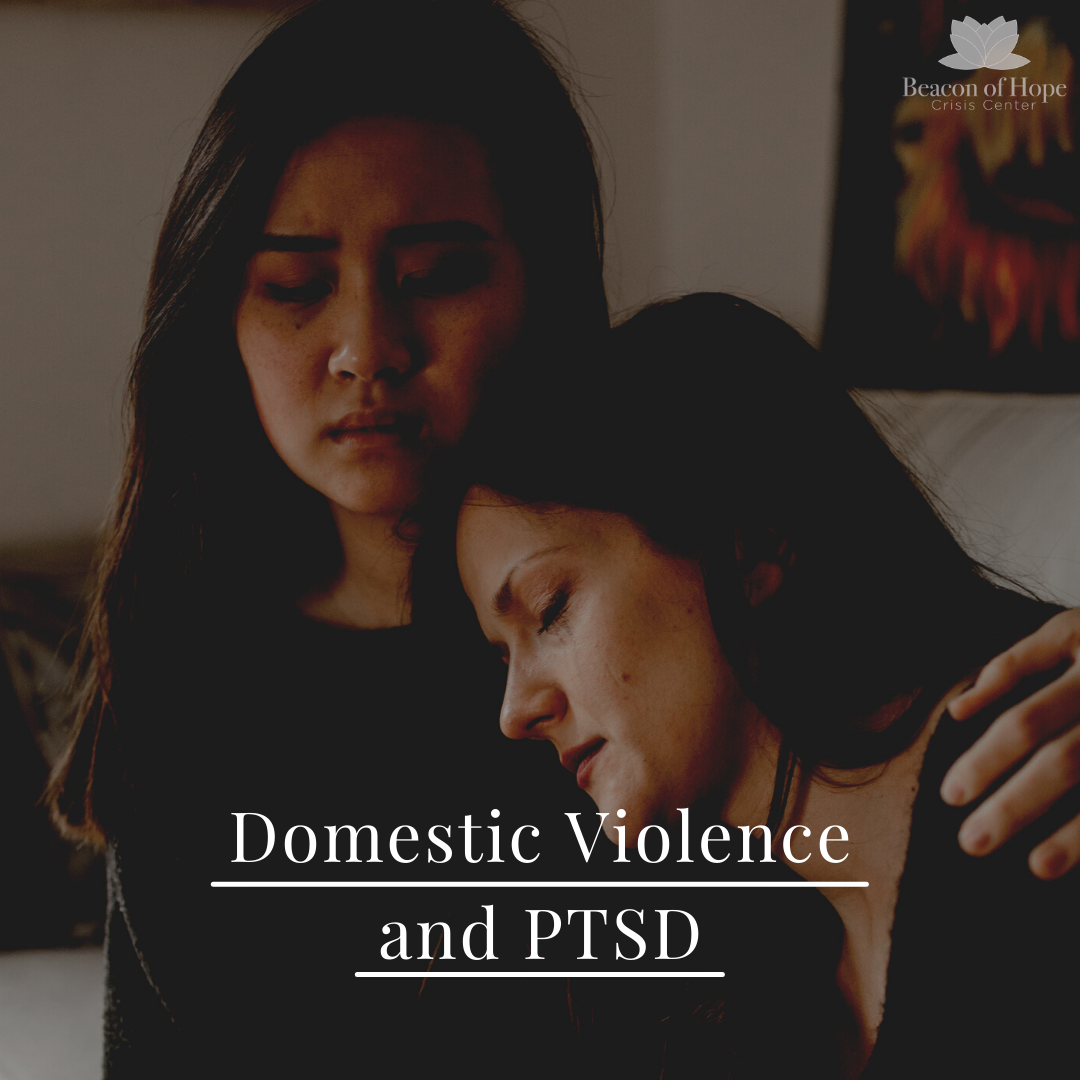
 RSS Feed
RSS Feed